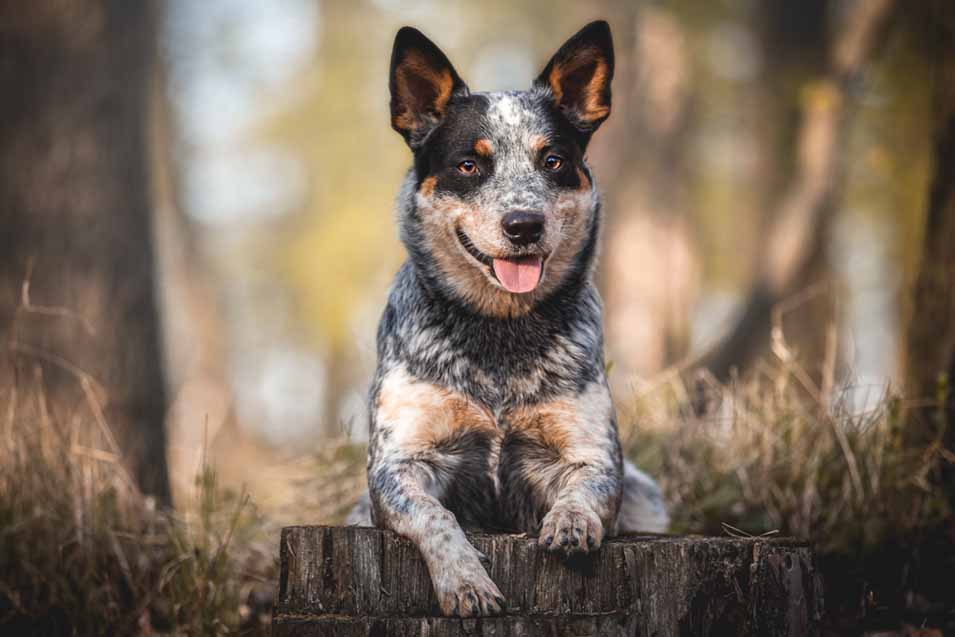
Getting a new dog is easy – puppies are legitimately the cutest baby animals on the planet – sometimes seconded by actual human babies. If you’re reading this article, then chances are that you have passed the all-important first step of deciding if getting a dog is right for you and your family.
Once you’ve done that and chosen which breed will suit your family, it is on to the hard part! Dogs aren’t typically difficult – so if you’re having trouble with yours, then there is every chance you’re doing something wrong.
Having a dog is a responsibility, and you need to be prepared to love and care for it for the duration of its life. That might seem simple at first, but let’s delve a little deeper and unpack what that means for you and your family now that your furry friend has arrived.
Dogs have specific requirements to be the best version of themselves, and some of these things come at a cost. Here are seven tips for looking after your new four-legged buddy:
- Exercise
Dogs have four legs for a reason – they are meant to run! Exercising keeps your dog in tip-top shape and limber and reduces potentially dastardly behavioural problems. Many dog owners don’t realize that excessive licking, chewing, digging, and barking, are all anxiety-related behavioural habits.
Dogs need exercise to keep them healthy, both physically and mentally. Regular exercise will help them build confidence in themselves and their environment.
- Toys
Toys might seem like a luxury item for your pup, but they are necessary. Toys keep your furball happy and entertained. The correct toys can help fight boredom when your dog is alone at home, and they provide untold amounts of comfort to a stressed or nervous dog.
Distract your four-legged companion with squeaky toys during a storm – it will make all the difference to their anxiety issues. Toys are also great for training your dog and stop them from developing unwanted behaviours like chewing or digging.
- Affection
Countless studies have shown the benefit that affection has on a dog. Dogs that are raised in affectionate homes have more chance of growing into lovely, well-balanced pets. Being affectionate with your dog reinforces behavioural habits. That means that it is vital that you reward stable and good behaviour only.
Show affection to your dog after it has eaten or responded to the command; it will help reinforce positive behaviour.
- Diet
By feeding your new dog well-balanced and good quality dog food, you will make a positive difference in their lives. Cheap dog foods are packed with inexpensive and non-nutritional fillers and other nasty ingredients that will shorten their lifespan.
Choose a tailored dog food for your dog’s unique dietary requirements. Your dog’s body will require different things at different stages in its life, and most dog breeds have specific food requirements for each breed.
- Training
Training is an essential part of being a responsible dog owner. Training can be started at any age, but introducing your dog to a training routine when they are still puppies is highly recommended. It is much easier to train a young dog than an older one – that is where the saying about teaching older dogs new tricks originates.
While it is not impossible to teach an old dog something new, it is typically a lot harder, and it takes much longer to get the same message across. Dogs need to learn command training, house training and social skills to live a happy life with their owners.
- Safe Environment
You have to keep your new puppy or dog safe and secure. That means that you need to ensure that the perimeter of your property is adequately fenced or walled off – that way, they cannot escape and risk getting injured.
The same applies to their sleeping environment – choose a spot in your home where they will be safe and warm – particularly during the colder seasons.
- Spaying/Neutering
Spaying or neutering your furry friend can seem cruel at first. But, once you consider its various health benefits, you will have a change of heart. Spaying female dogs help to prevent uterine infections and breast tumors in about 60% of dogs.
Neutering your male dog will help to prevent testicular cancer and prostate problems. That is commonly referred to as “fixing” your dog, and it typically needs to be done within the first 7 months of their life.
To End
Dogs truly are man’s best friends, and with a little patience, love, and understanding, your new dog will become yours. Dogs are loyal to a fault and provide endless hours of joy and entertainment if you let them.
